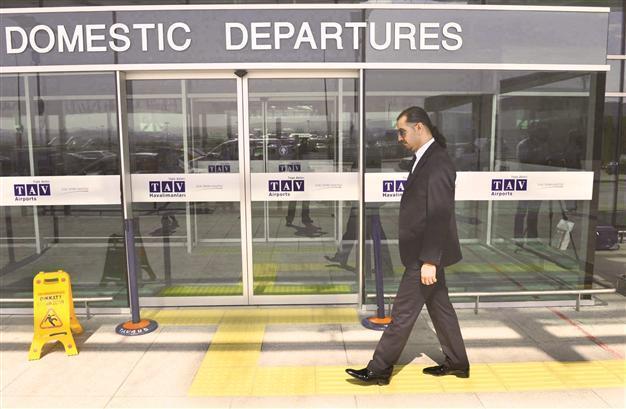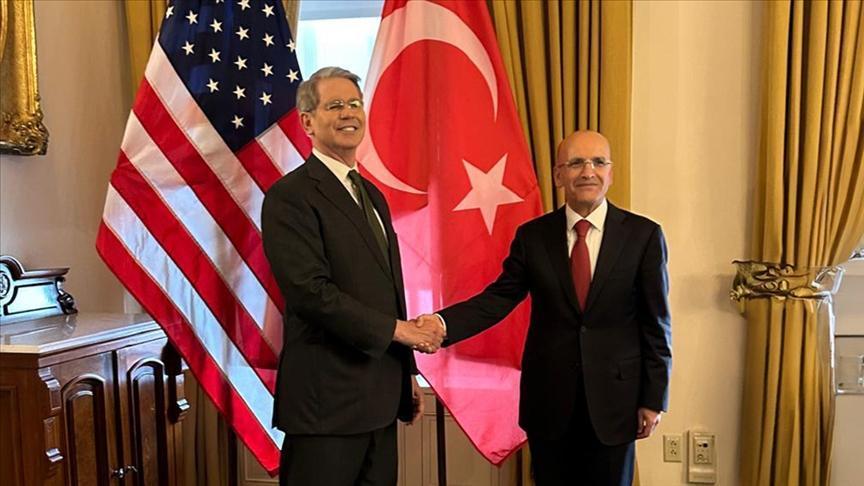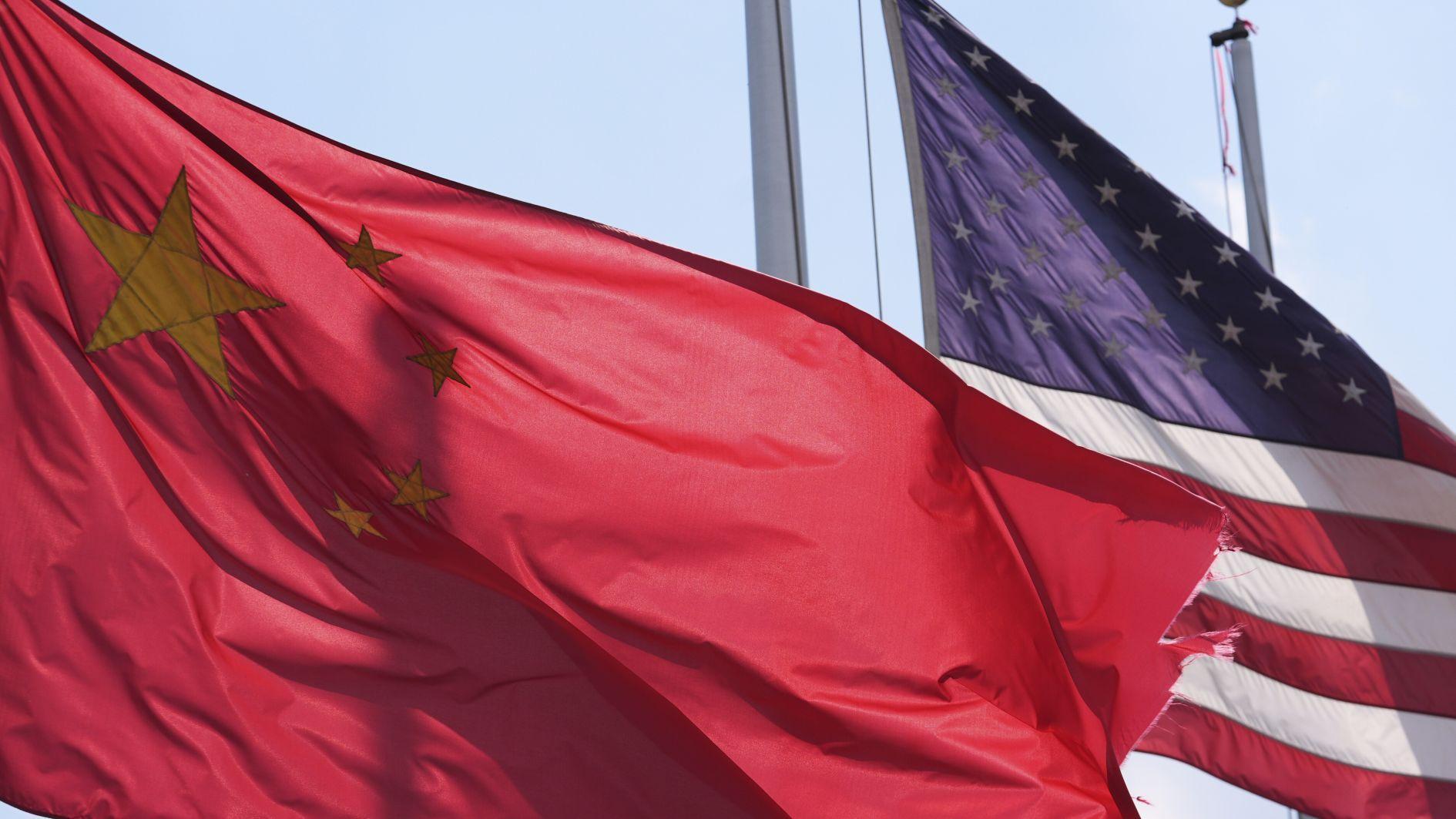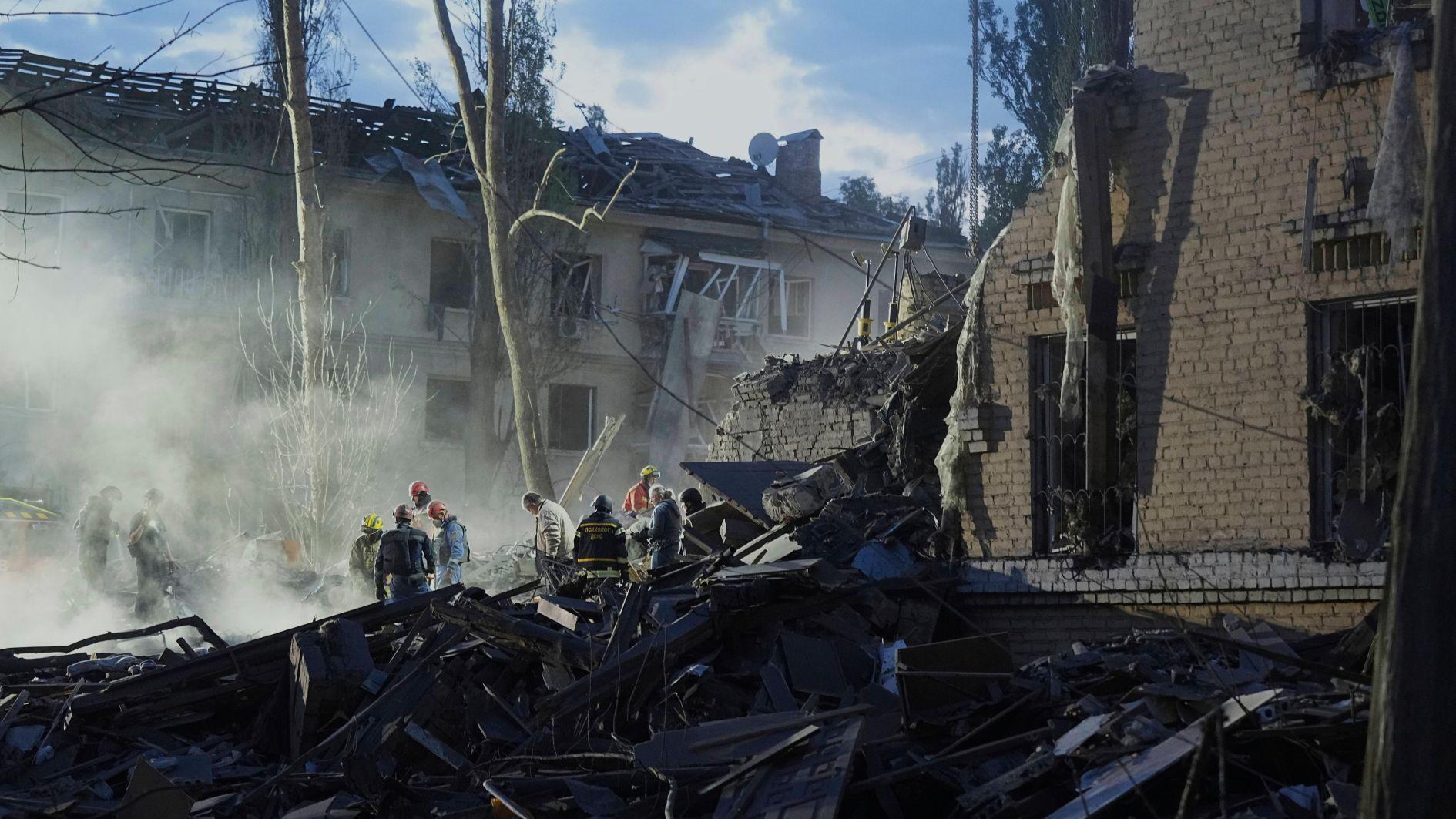EU shuts out Turkish airport operator: Chair
ISTANBUL - Anatolia News Agency

Since TAV has not been able to secure a foothold in Europe, it has opted to focus its attention on North Africa, constructing and operating airports in Egypt, Tunisia, Libya, Saudi Arabia, Qatar and Abu Dhabi, with investments averaging $1 billion. AA photo
TAV, Turkey’s leading airline operator, has been prevented from obtaining operating licenses for European airports for “political reasons,” but this might change if Turkey joins the EU, said Hamdi Akın, chairman of Akfen Holding, TAV’s parent company, speaking on a Harvard Business Review panel titled “Competition at the regional and global level, and Turkey’s role.”“For political reasons we have not been given a license to operate European airports, but we always open our doors to them. As soon as the EU opens its doors to Turkey, Europe will open its doors to us [TAV],” Akın said. TAV wants to manage airports in Europe in order to be able to compete in the European market, he said.
TAV provides certain services in Riga, Latvia, but this does not amount to running the airport, Akın said. TAV has also been able penetrate Macedonia, but has not been able to move further west in Europe. Airports in Bulgaria have not been receptive to TAV, even though they are very small compared to the airports TAV currently runs.
“It’s not easy for them to allow us into Europe; they simply don’t let us in. I am being honest and no one can argue otherwise.
However, we allow their airport operators into Turkey, whether it’s Antalya or Sabiha Gökçen. They are able to become our local partners,” Akın said.
Because of the difficulty it has experienced in penetrating the European market, TAV has focused its efforts on North Africa and the Middle East, especially in Egypt, Tunisia, Libya, Saudi Arabia, Qatar and Abu Dhabi. TAV has invested 1 billion euros in its Tunis airport, $1.2 billion in the Medina airport and $4 billion in its airport in Qatar.
China is Ülker’s fastest growing market
China is the fastest growing market for Yıldız Holding’s Godiva, said Yıldız’s Vice Chairman Ali Ülker, speaking on the same panel.
Yıldız has invested in countries including Ukraine, Romania, Saudi Arabia and Egypt, and China is currently its fastest-growing market, Ülker said. The company has achieved double-digit growth in China, Japan and Taiwan, and is now turning toward India and Russia. Since the 1990s, Yıldız has been making technology a priority, Ülker said.
“[Due to] automation in our factories, we unfortunately had to lay off 600 of our 3,000 employees. It was unfortunate, but was necessary as an investment for our future. Today we have more than 30,000 employees, more than ten times the initial number,” Ülker said.
















